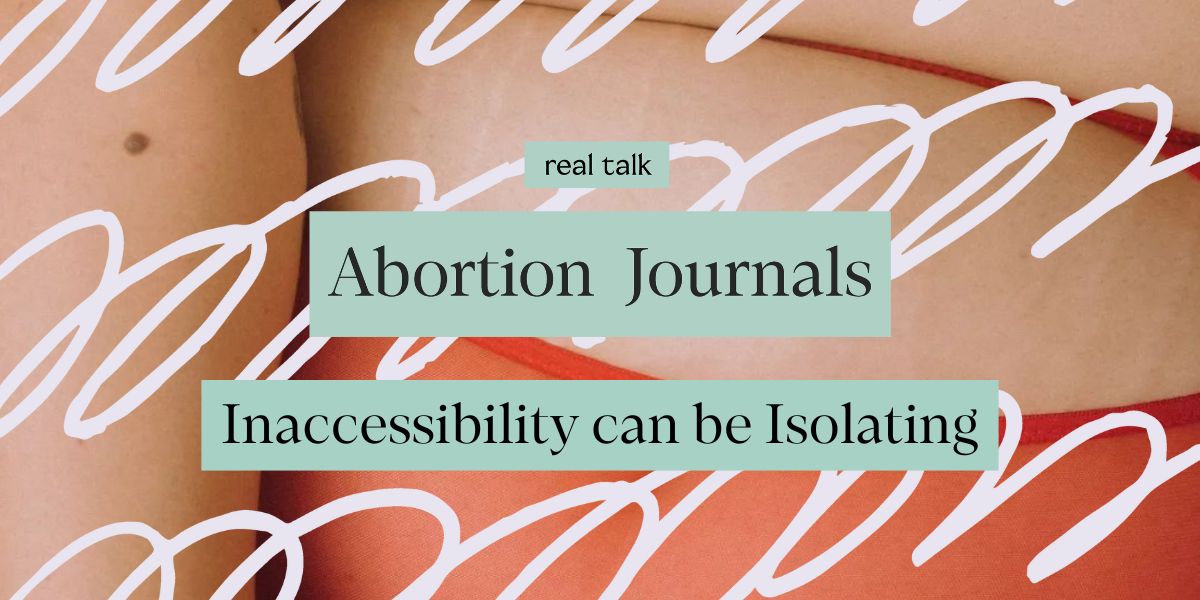Cholesterol & women's health: What you need to know

Have you ever wondered why you should care about cholesterol? You’ve probably heard cholesterol causes problems. Yet, some cholesterol is necessary for many different bodily processes. How do you know whether your cholesterol levels are ideal? We’ll discuss the main types of cholesterol, how your body uses it, the impact of having cholesterol levels that are too low or too high, and how to maintain a healthy balance.
What is cholesterol?
Cholesterol is a type of fat that can travel through your bloodstream. Several processes use cholesterol, such as making bile to aid in digestion, and your liver usually produces enough cholesterol for your body to perform them. Cholesterol also enters your body through the food you eat, including animal-based products like meat or eggs.
Types of cholesterol
Low-density lipoproteins (LDLs) and high-density lipoproteins (HDLs) are the two main types of cholesterol. LDLs are considered “bad” cholesterol because of the harm they can do when in excess. It can build up on artery walls, increasing the risk of blockages inside of arteries in your body, obstructing blood flow. Minimize consumption of saturated fats and trans fats because these types of fats influence LDL levels. HDL, or “good” cholesterol, helps recycle and remove other types of cholesterol from the body by transporting it from your arteries back to the liver. Triglycerides aren't cholesterol, when in excess they can also increase your risk of heart disease and other complications. When you take in more calories than you need, your body converts the extra calories into triglycerides and stores them in fat cells. Having a lot of saturated fats and trans fats in your diet isn’t the only source of high levels of triglycerides. Certain medical conditions can also lead to higher levels of triglycerides.
Why do cholesterol levels matter?
Cholesterol plays a role in forming cell membrane layers, along with other bodily processes. These layers help regulate what enters and exits cells. Cholesterol also helps make estrogen, progesterone, and vitamin D. Low cholesterol may be a sign of underlying conditions like anemia, liver disease, or cancer. It increases the risk of mood disorders such as depression or mental health conditions like anxiety. High cholesterol can lead to serious health problems, including heart disease.
vaginal-wellness-combo
Measuring Cholesterol
Usually, there are not many physical symptoms of high cholesterol, so, how can you tell if you need to make a change to benefit your health? Getting regular checkups can go a long way.
How can you test your cholesterol levels?
You measure cholesterol levels with blood tests and lipid panels that break down types of cholesterol in your bloodstream. A lipid panel might measure your total cholesterol, LDL levels, HDL levels, VLDL levels, triglycerides, non-HDL cholesterol, and the ratio between total cholesterol and HDL. To get ahead of potential health complications, experts recommend testing your cholesterol every five years from the time you turn twenty. You often have to fast before a blood test.
What do cholesterol measurements signify?
Factors that affect your cholesterol levels include your age, sex, race, genetics, diet, weight, and activity levels. Conditions such as diabetes, hypothyroidism, obesity, PCOS, and kidney disease can also increase levels of triglycerides; this then contributes to plaque formation in arteries,which can ultimately lead to more serious things like developing heart disease or a stroke.
Target cholesterol levels: For women who are 20 years or older, total cholesterol should fall between 125-200 mg/dL. Non-HDL cholesterol should be less than 130 mg/dL, LDL cholesterol less than 100 mg/dL, and 50 mg/dL or more HDL cholesterol.
High cholesterol: Numbers range, depending on factors like heart disease. For women 20 and over without heart disease, high total cholesterol is 239 mg/dL. Your cholesterol is borderline if it falls between 200-239 mg/dL.
vaginal-testing-combo
Controlling cholesterol
Heart disease is the biggest concern when it comes to your cholesterol levels. Complications that may result from high cholesterol include chest pain, heart attack, and stroke. Changes to cholesterol levels may be due to menopause, and regular checkups continue to be a good idea.
Treatment and prevention
When it comes to cholesterol, the advice for treatment and prevention overlap. It’s best to stick with whichever treatment and preventative options work best for you. To take control of your health and manage cholesterol levels, you can:
- Make changes to your diet
- Increase your activity levels (at least 30 minutes of moderate activity daily)
- Maintain a healthy weight (speak to your primary care provider about your ideal weight)
- Manage stress
- Track (control) blood sugar and blood pressure
- Avoid tobacco products
When medication is necessary for high cholesterol, your primary care provider might prescribe statins, bile acid sequestrants, or fibrates. Statins reduce the cholesterol produced by the liver. Bile acid sequestrants cling to bile so that it can’t be used for digestion, making the liver use more cholesterol to produce usable bile. Fibrates are most effective at reducing triglycerides.
Dietary advice
Cholesterol, saturated fats, and trans fats in the food you eat can all increase your blood cholesterol levels. Minimize these by limiting foods like red meat, sugary foods, and whole milk dairy products. It may be beneficial to eat more foods like fruits, vegetables, fish, and whole grains.
For help finding a lifestyle balance that can reduce your risk of high cholesterol, it might be worth discussing your situation with your primary care provider and a nutritional expert.
Keep Reading

Navigating birth control and sexual health in a larger body
Apr 23

In My Words: The power of shooting your shot
Apr 18

What's going on with the Arizona abortion ban from 1864?
Apr 11










